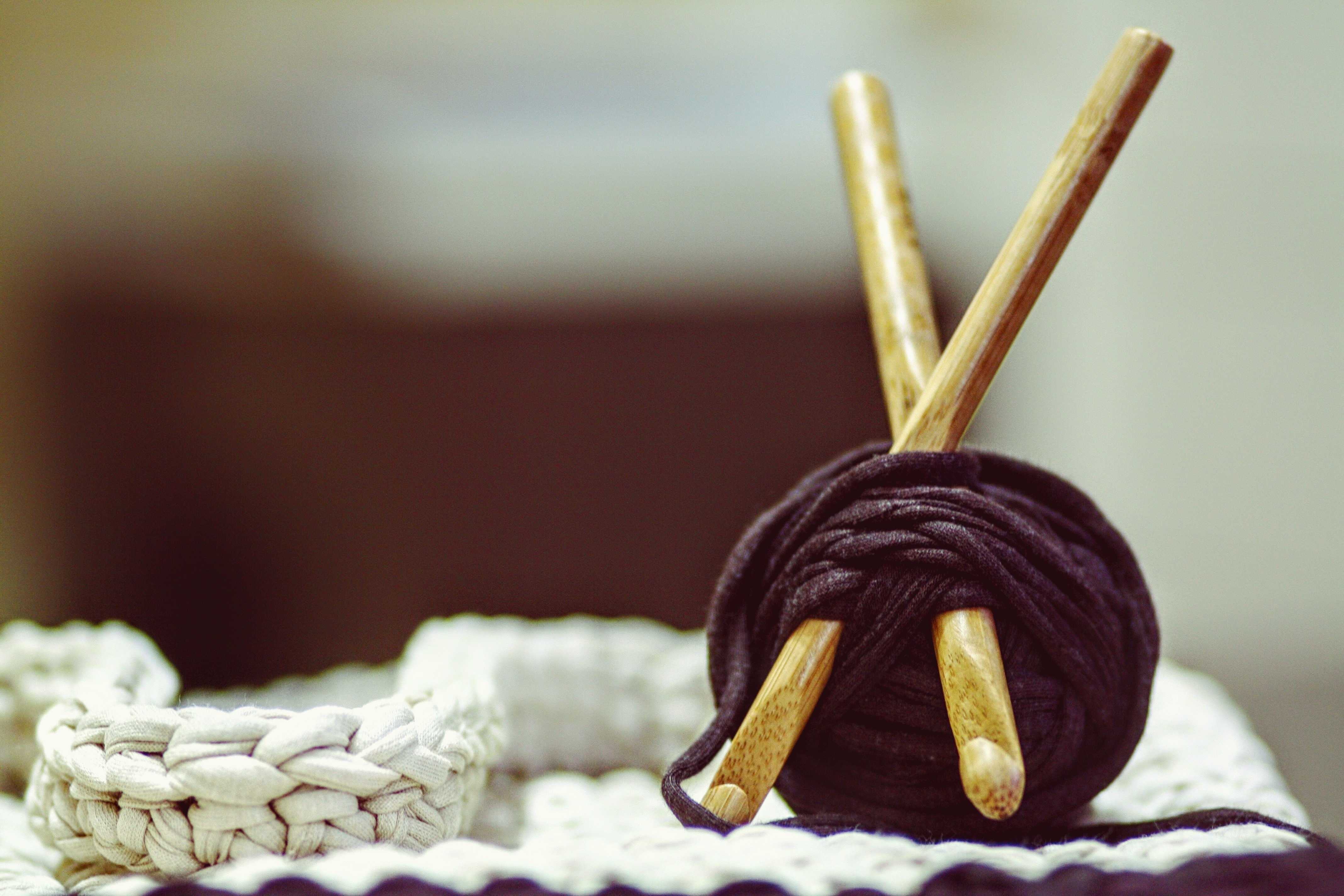English Dialects: 10 Language Tips for Americans in the UK
Even though the US and the UK speak the same language, it still takes time to work out the local lingo. Do you find yourself reacting to conversations a few seconds too late? Are you desperately trying to read facial expressions? Read on for 10 English language dilemmas — some may sound familiar!

Landing in Edinburgh airport, full of excitement for the next four years of my life, in a country I had never visited, my first social interaction was with a Scottish bus driver. I understood nothing. That experience was followed by conversations during which I took an unnatural amount of time to respond because my brain was both confused and unwilling to admit defeat. A tip to my fellow Americans: The nod and smile doesn’t work. Ask people to repeat themselves (preferably using “Sorry?”) and learn to appreciate the differences in words and pronunciations. These language variations never cease to be an entertaining topic.
Of course expressions and pronunciations for words vary throughout the UK and the US; however here are a few general impressions, in regards to the way that the English language varies, as you find yourself on the other side of the ocean.
1. “Hiya”
No, I am not referring to the sound you might make when showing off your karate moves. “Hiya” is the equivalent of “Hey”, or “What’s up?”. The latter being a greeting that I, personally, have never quite figured out how to answer, so I much rather be mistaken for a black belt.
Also, “you alright?” is a normal greeting and should not be taken as an insult to your appearance on that particular day.
2. “Keen”
To be enthusiastic or eager. No, I had never come across this word in a conversation until I moved to the UK. The first time I used it in a sentence I felt an unparalleled sense of achievement, and from my facial expression, it was painfully obvious how proud I was of myself.
3. “Tea”
If you are looking forward to a warm cup of English breakfast tea (referred to as “tea”, just tea, no added flavo(u)rs), you might be disappointed. This word can also refer to dinner, or supper, or the last large meal of the day.
However, on a tea (the drink!) note, when making tea for others, never let the tea bag soak for more than four minutes. It was considered absurd that I thought my vanilla chai tea (flavored tea…what was I thinking?) tasted best after a ten-minute soaking period.

4. The “Chips” and “Crisps” Dilemma
“French fries” are to “chips”, as “chips” (potato chips) are to “crisps”. And crisps can even be put in a bread roll type thing to create a “crisp sandwich”! The wonders of comfort food.
5. “Pudding”
This can be used as an overarching term for all desserts, not just that pudding stuff you can buy in yogurt cups at the store.
Life tip: “Sticky Toffee Pudding”. Try it. Love it. Whenever it’s an option, you will never be faced with a dessert menu choice again.
6. “Duty”
Yes, this word means the same thing in British and American English; however the pronunciation is drastically different. It never came to my attention before, but after being laughed at in the UK, I realized I sound ridiculous when saying that word. I pronounce it “doody”. As in something a child might refer to on the sidewalk (pavement), thoughtfully left behind by a dog. Unfortunately, I find that American English can sometimes sound slightly less intelligent.
7. “Pitch” and “Kit”
For you sports fans out there, let me highlight some lingo changes that came to my attention while in the UK. I had heard of a soccer (football) “field” being referred to as a “pitch”. However, the word “kit” took me a while to figure out. It turns out that it refers to the entire sporting ensemble: jersey and shorts.
Side note: “Cleats” (as in the footwear worn to play soccer) are called “boots”.
8. “Fit”
That muscly human specimen running on the beach that might catch your eye could be referred to as “fit”. In other words, “attractive” or “hot”. I was brought up thinking that fit meant “in shape” or “athletic”, then all of a sudden it had a sexual connotation.
9. “Pants” and “Trousers”
Just know that what an American calls “pants”, are “trousers” in the UK. Unfortunately, “pants” is also used in the UK, but refers to what you are wearing underneath your trousers. Fortunately, this mix-up is relatively well-known among the UK population. Thus, the difference, if acknowledged, will only be pointed out to you with a quick smile.
10. “Ceilidh”
Pronounced like the name “Kailey”, it refers to Scottish dancing. With it comes a band, plenty of room for improvement (if you, like me, are not Scottish and did not learn the routines growing up), a work out, and possibly a little bit of danger (I elbowed my friend in the eye at our graduation ball…Thankfully, we had taken pictures beforehand).
Advertisement
About Marie Morrison
Marie Morrison is a recent graduate of the University of St Andrews. As a dual Austrian-American citizen, she grew up in the US, and has lived in Germany and the UK.
Article topics
Related articles
How I Learn German — 7 (+1) Tips from a Slow Learner
“I’ve lived in Munich for eight years and learning German has become part of my life. It seems like a good time to take stock of all the things I have done or still do to learn the language.” Find out how InterNations member Simon keeps up motivation in his eternal struggle with the German language!
The Advantages of Being Multilingual — Our Members’ Perspective
For many of our members, learning a new language is not just a fun pastime but a necessity. It makes living abroad much easier and opens up a new world of understanding and opportunities. We asked them how being bilingual or multilingual has improved their life abroad. These are their answers!
From Shrimp Sandwiches to Grasshoppers: 10 Idioms from around the World
Every language has its strange sayings, but you might not appreciate how unusual they are until someone points it out! We’ve collected ten fascinating idioms from around the world for you to enjoy, and who knows? Maybe you could start using them in your own conversations!
Top Language Learning Tips according to Our Members
You can find lots of advice online about how to best learn a language, but what do expats have to say? People who have lived in many different countries or travel a lot, often have a lot of experience in language learning. Here, our members are sharing their top tips!
Five Easy Ways to Learn a Language
Learning a new language takes time, especially if you’re not a child anymore. And with English being the 21st century’s “lingua franca” there is often no pressing need to learn the country’s native language. Nonetheless, speaking the local language makes everyday life easier. If you’re short on time, here are five easy ways to learn a language without too much effort.




